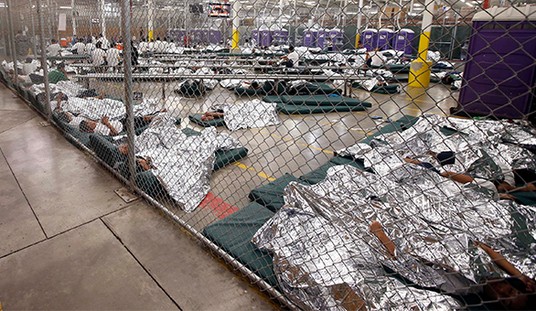Coverage of the Boston Marathon bomb attack has been strongly characterized by staging. Most news events are single stage. They are told once and the initial version is rarely challenged. One exception was Benghazi. The second exception, unfolding before our eyes is the coverage of the Boston attack.
The first stage following the blasts came from “unofficial news” derived from police leaks, scanner monitoring or Twitter feeds. Later some details made their way to the second stage of accepted accounts.
The early report of a Saudi “person of interest” by the NY Post is an example of this staging. It was pooh-pooed by CNN only to be resurrected by a CBS news story, albeit sketchily. And soon there was more stuff spilling out of the cupboard. There are now accounts of a certain oceanfront apartment being raided by federal agencies and reports of certain persons taken into custody.
None of this has made it to the second stage yet. Doubtless some of these first stage snippets will turn out to be false or irrelevant. But inevitably some of it will prove out and make their way to stage two: acceptance.
This layer cake treatment is due to two factors. The ascription of guilt in public attacks has become highly politicized. Each ideological side is rooting for its own set of villains to be identified as guilty. The Left desperately want the perpetrators to come the Tea Party, White Supremacist Groups or at least Christians while the conservatives want the perps to be Muslims or drug addled lions of the Left. But since nobody knows for sure they are left to stew in stage one biting their nails until events can be promoted, with the appropriate gloating, to stage two fact.
The second factor in creating the layer cake is the dense social media environment of the United States. It is a place where literally everyone has a cell phone and network access which makes it nearly impossible for significant law enforcement activity to take place without someone noticing, recording it on video and posting it to a social media site.
Nowhere was this better exemplified than in the bomb attack itself.
Within seconds after a bomb detonated during the Boston Marathon this morning, pictures, video and news of the horrific event were pulsing over social networks. And they weren’t exaggerations or FUD — these reports from people on the ground were the way most of us learned the truth.
On Twitter, Facebook, Tumblr, and other social networks this morning, we discovered that bombs went off on the Boston Marathon route, killing two and injuring dozens more. More bombs may be in the JFK libraries (experts are calling the fire there unrelated). Many people were asking whether the attack was caused by terrorists, but few leapt to conclusions. Most people just wanted more information before passing judgment or succumbing to rumor.
One of the most cherished beliefs of news media hounds is that the slide into social media news will leave us mired in rumors, bad information, and propaganda. But today’s ongoing tragedy in Boston has revealed that the future of news may not be as dark as pundits imagined. Information flowed quickly out of Boston, coupled occasionally with rumors but more often with good advice.
With so much original source material out there it is hard to control the narrative. The talking points are out the media’s hands. About all they can do is delay or distort promotion to Stage 2. Public sources also pushed out the first photos of the so-called person of interest. Within hours it was reporting the location of his detention, followed by descriptions of apparent intense law enforcement activity in an apartment of dubious character. Only moments later, someone had compiled a list of the residents of that apartment allowing the average reader to make a pretty fair guess at the sort of person who lived there. The wavefront of developments is moving so fast that even Presidential attempts to get in front of the narrative, a tactic which would have been effective five years ago, seem pointless.
The emerging story will almost certainly rain on somebody’s parade. The question is: whose parade? The owners of shibboleths and the purveyors of narratives on both sides of the political aisle must be watching the developments with bated breath. Where is all this source material going?
Perhaps the saddest aspect of the tragedy in Boston is that it anyone should care about the narrative. But along with everything else it was doomed to become politicized, as is apparently all mayhem is these days. In fact the attack itself began as explicit act of political theater, which is the definition of terrorism. The dead and wounded in Boston are the latest examples of that theater; one in which nobody is killed or maimed for something he did. They were harmed as props. They were dismembered for visuals. They were harmed to advance a story planned in advance; they were human figurines in a poster printed in blood. They were lives expended for the proverbial 15 minutes of media attention.
Publicity is expensive. It’s only instances like 9/11 and the Boston Marathon bombing that demonstrate how expensive it can be.
So if the story goes somewhere unexpected there will at least be some poetic justice in that. If social media succeeds in recasting the narrative in ways its authors never envisioned; if the emerging story turns out to produce the opposite effect of what the propagandists of the deed intended, if the truth emerges then maybe yes, the victims will not have suffered in vain.
The Three Conjectures at Amazon Kindle for $1.99
Storming the Castle at Amazon Kindle for $3.99










Join the conversation as a VIP Member